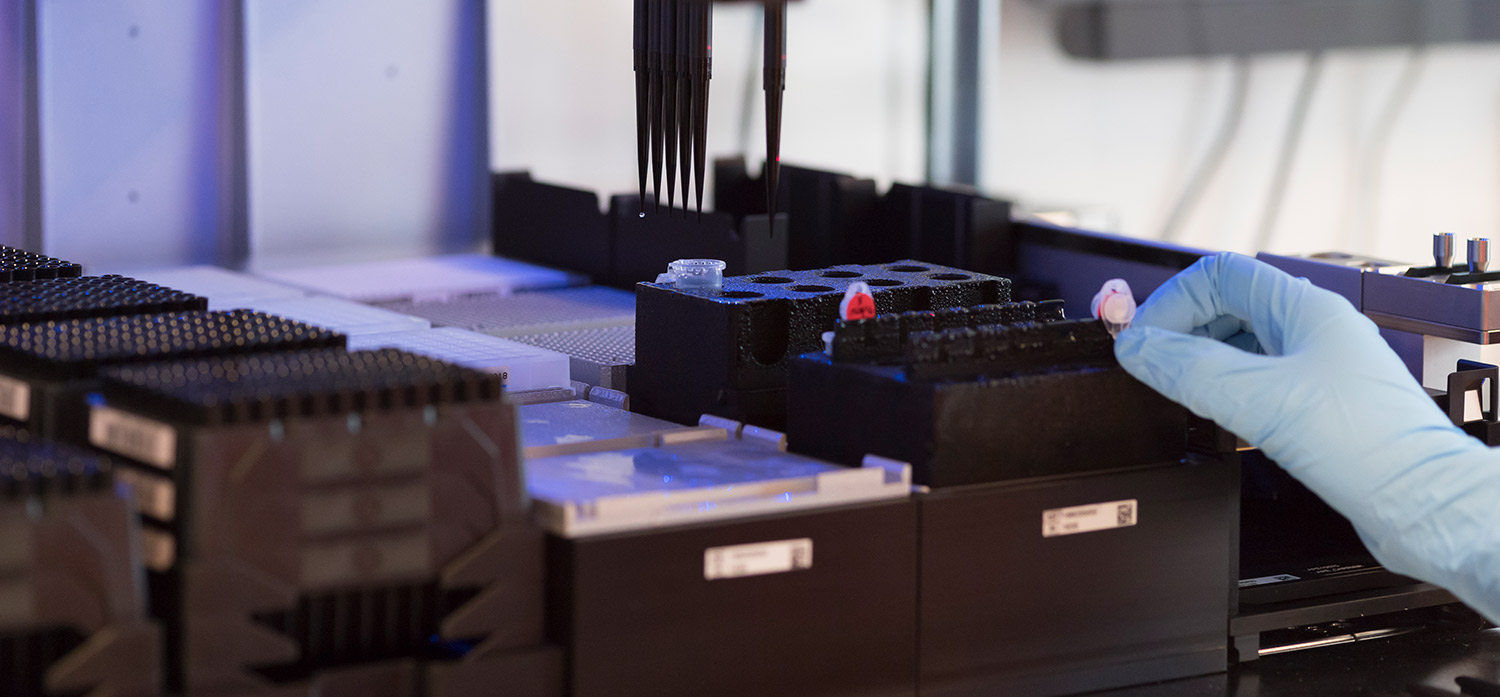
LABORATORY SERVICES AND TESTS
Our laboratory services
Since some symptoms of viruses cannot be determined with the naked eye in the field or in the test greenhouses, tests carried out in our laboratory also play an important role in the inspection and classification of flower bulbs. Our inspectors collect samples of bulbs or leaves at the grower in order to have them tested, a process that we call ‘sampling’.
The results of a laboratory test show whether a virus is present in the lot samples and if so, the percentage of the samples affected. The lab results help determine the ultimate classification of – and the export options for – the lot.
Our inspectors can also deploy a test to check an observation made in the field. This will provide a definitive answer if the symptoms are not clearly recognisable. Finally, tests are carried out in our laboratory at the client’s request. This work is undertaken by our sister company Bulb Quality Support (BQSupport).
The ELISA & PCR test methods
In our laboratory, two routine lab test teams use the ELISA and PCR techniques to test flower bulbs for viruses.*
The ELISA method uses a colour reaction to make the presence of any viruses visible. In the test, the virus’s capsid (protein layer) is detected in the leaves or bulbs. The results are then used to calculate the percentage of a sample that contains the virus.
In contrast, the PCR method detects viruses using a virus’s RNA/DNA. This technically more complex method is more sensitive than the ELISA method. This means it provides additional options in the field of demonstrability and in respect of different types of samples.
* The accuracy of the calculated percentage of virus for a lot is influenced by measurement uncertainty. This is determined by the uncertainty of the sample (see seedcalc8 via www.seedtest.org) and the measurement uncertainty of the laboratory test. Based on multi-year data, measurement uncertainty of the laboratory test turns out to contribute slightly to the combined measurement uncertainty.
R&D
It is important that we ensure that our tests are always up-to-date and of optimum quality. The BKD research & development (R&D) team is responsible for such tasks as the development, optimisation and validation of the tests used in the routine lab tests. This R&D team also monitors the technical and innovative developments that could impact on the BKD’s activities.



